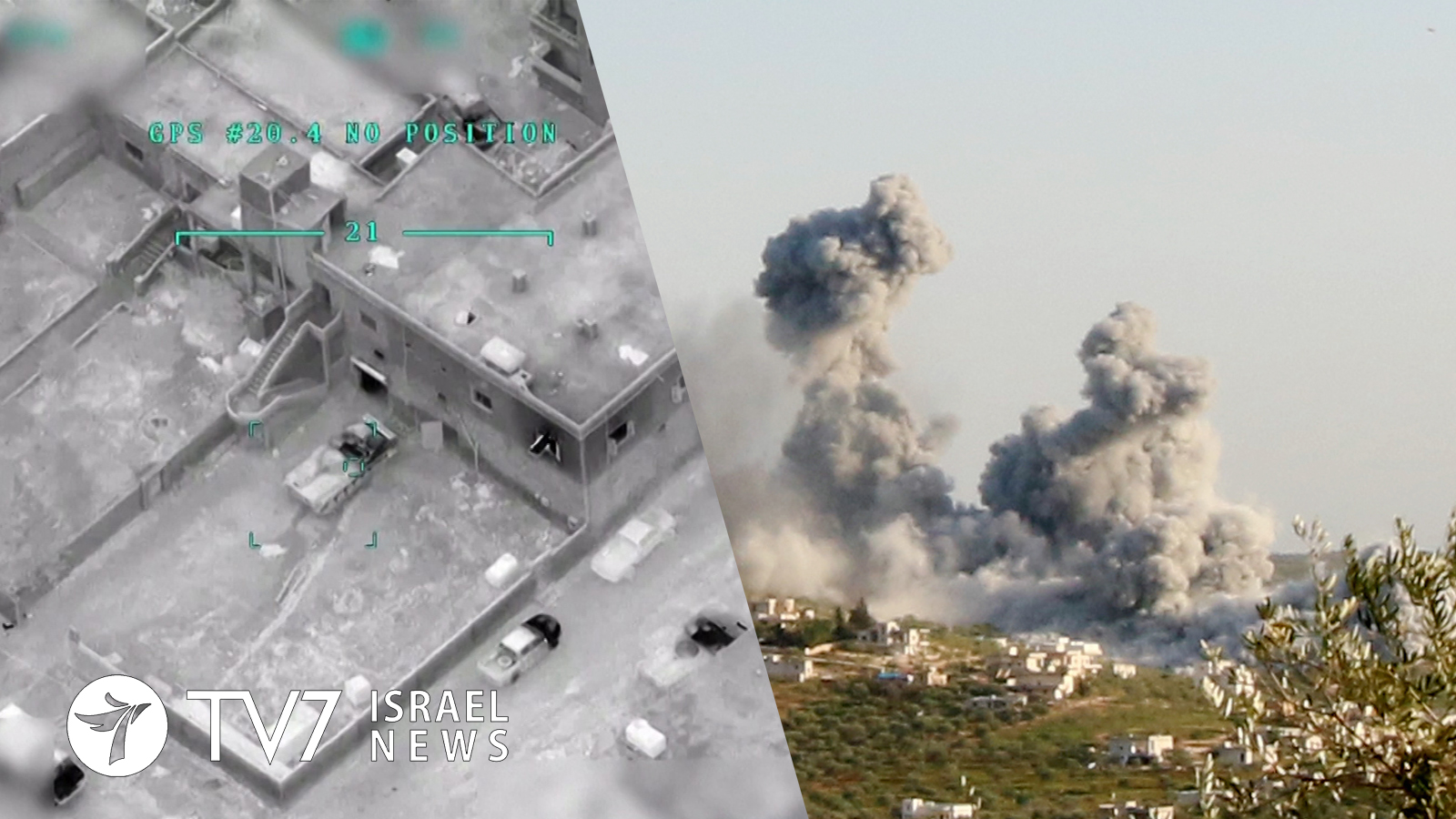Turkey has stepped up its offensive in Syria’s northwestern Idlib region, which has now been officially codenamed ‘Operation Spring Shield.’ Dozens, if not hundreds, of Syrian troops and Iranian-backed militiamen have reportedly been killed in hundreds of Turkish strikes.
Ankara’s refusal to distinguish between the Syrian and Iranian-proxies prompted a stern message from Tehran. While speaking to the Iranian parliament, Iranian Foreign Minister Mohammad Javad Zarif insisted that ‘security in Syria could not be established through military operations against the Arab Republic’s territorial integrity and sovereignty.’
The Iranian warning had no impact on Turkey, which seemingly believes the only force capable of countering its offensive is Damascus’ most powerful patron. Russia. That is why Turkish Foreign Minister Mevlut Cavusoglu urged NATO and specifically Washington to provide military assistance to his nation while meeting with U.S. Secretary of State Mike Pompeo in Doha on Saturday. “When you look at our demands, some of them could be directly met by NATO and some of them could be met by our allies,” said Cavusoglu. Narrowing his request to anti-missile batteries, the Turkish diplomat said “About the Patriots, right now only Spanish Patriots are deployed in our lands in Adana. The United States had them in Gaziantep in the past and they can send them again. We need air defense systems right now. We are doing whatever is necessary but there is a need.”
Ahead of his talks in Qatar, Pompeo briefed lawmakers in Washington on the Trump Administration foreign policy,. “So consistently since the previous administration’s decision to allow the Russians to come into Syria —that, combined with the long history of Iranian influence in parts of Syria, has led us to where we are today,” said the top US diplomat. “You can see with the Israeli strikes that are taking place against Iranians in Syria. You can see the work that the United States is doing in the north and east. We have an enormous Iranian problem inside of Syria,” he said.
Taking direct aim at Tehran and Moscow, Secretary Pompeo said pointedly, “These attacks that are Syrian regime-led, Iranian supported, Hezbollah-supported and underwritten by Iran along with the Russians, are now causing humanitarian calamity in Syria that once again re-ups what we saw several years back.”
Despite repeated statements of solidarity and more than €4.5 billion of grants since 2014 from the European Union to cope with millions of Syrian refugees in his nation, Turkish President Recep Tayyip Erdogan confirmed that borders from his nation have been unsealed. “We opened the doors, and as of this morning around 18,000 forced the doors and crossed,” he said, adding, “But today perhaps this could reach to 25,000-30,000. We will not close the doors in the coming period, and this will continue.”
President Erdogan further threatened that unless the European Union pays Turkey a larger sum to help meet the growing demands of refugees and migrants; Ankara will encourage further infiltration of Europe. “The European Union needs to keep its promises. We don’t have to take care of this many refugees, to feed them. If you’re honest, sincere, you have to share this. If you don’t, we’ll open these doors,” he said.
Turning to Syria, Erdogan said he warned Moscow to “move out of our way” during a telephone conversation with Russian President Vladimir Putin. “What are you doing there?” the Turkish President said he asked his Russian counterpart, adding “If you want to set up a base there, do it, leave us together with (Syrian) regime. We will do whatever is necessary with the regime.”
Meanwhile, Russian Foreign Minister Sergei Lavrov insisted that the Syrian Army has a legitimate right to battle Jihadist terrorists in its own territory, and that adherence to the coordination mechanism between Ankara and Moscow could have averted the loss of the Turkish troops.
The top Russian top diplomat also acknowledged that Ankara’s request for military assistance from NATO “is probably the right of any member of North Atlantic Alliance’s Washington Treaty, which governs relations between NATO members,” in that “It contains the possibility to request consultations, in case there is a risk to territorial integrity or political independence of a member country.”
